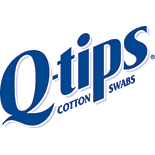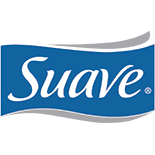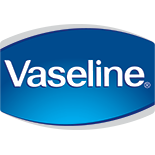
Mosquito Bites - Outdoor Workers at Risk
Mosquito season is active or rapidly approaching in many parts of the United States. This represents a risk to employees who work outside as diseases including West Nile virus, Zika virus, Chikungunya virus, dengue, and malaria can all be spread by the bite of an infected mosquito.
Outdoor workers are at risk wherever mosquitoes are present. The level of risk to workers varies with where they are working, surroundings of the work site, season, and time of day. Employers should protect workers and workers should
protect themselves from diseases spread by mosquitoes.
Employer Recommendations (Source - CDC Website)
- Some mosquitoes breed in standing water. Decrease mosquito populations at worksites by:
- Removing, turning over, covering, or storing equipment
- Removing debris from ditches
- Filling in ruts and other areas that collect standing water
- Removing tires, buckets, bottles, and barrels that collect water
- Placing drain holes in containers that collect water and cannot be discarded
- Keep mosquitoes out of indoor worksites by ensuring that doors and windows have screens and are kept closed when possible.
- Provide training about:
- The risk of mosquito bites and how to protect themselves symptoms of diseases spread by mosquitoes the safe use of insect repellents provide workers with, and encourage them to wear, clothing that covers theirs hands, arms, legs, and other exposed skin. Consider providing hats with mosquito netting to protect the face and neck.
- Provide insect repellents with an EPA-registered active ingredient, such as: DEET, picaridin, IR3535, oil of lemon, eucalyptus or para-methane-diol, or 2-undecanone and encourage their use.
Worker Recommendations (Source - CDC Website)
- Use insect repellents with an EPA-registered active ingredient, such as: DEET, picaridin, IR3535, oil of lemon eucalyptus or para-menthane-diol, 2-undecanone.
- Permethrin can be applied to clothing and gear.
- Follow the label instructions.
- If also using sunscreen, apply it before applying insect repellent.
- Wear clothing that covers hands, arms, legs, and other exposed skin. Wear hats with mosquito netting to protect the face and neck.
- Get rid of sources of standing water (for example, tires, buckets, barrels) to reduce places where mosquitoes lay eggs
- Workers who develop symptoms of a mosquito-borne disease should report this promptly to their supervisor and get medical attention.
Now is the time for business owners and managers to plan and implement well-grounded strategies to prevent mosquito bites. Diversey has trusted Cutter® and Repel® brand repellent products with DEET along with knowledge to help prevent and combat the spread of Mosquito-borne disease.
Download our DEET 101 flyer to learn more about DEET and it's proper usage.
Let’s protect and care for people every day.














